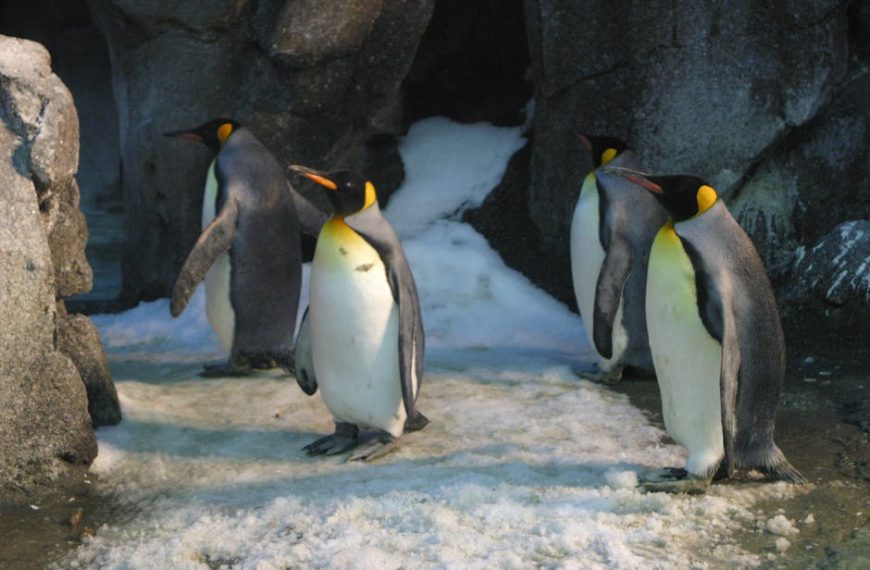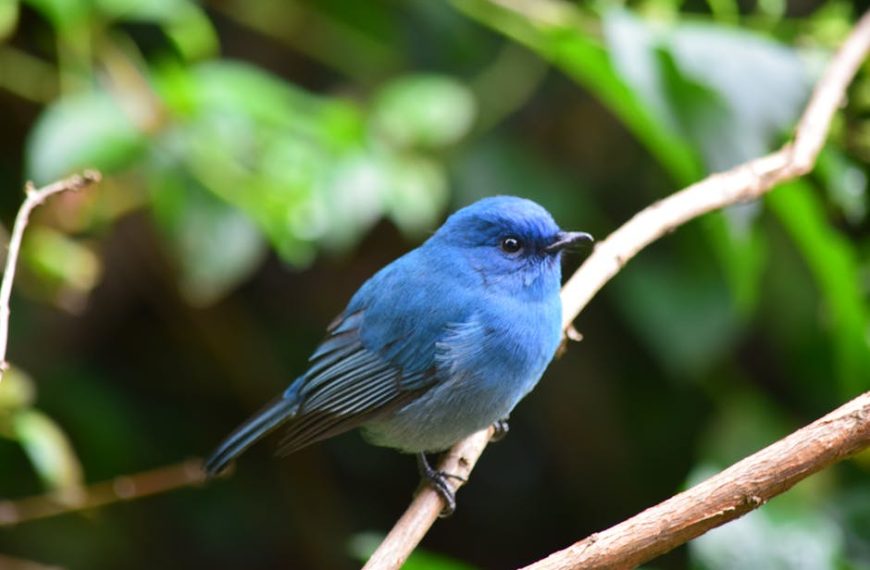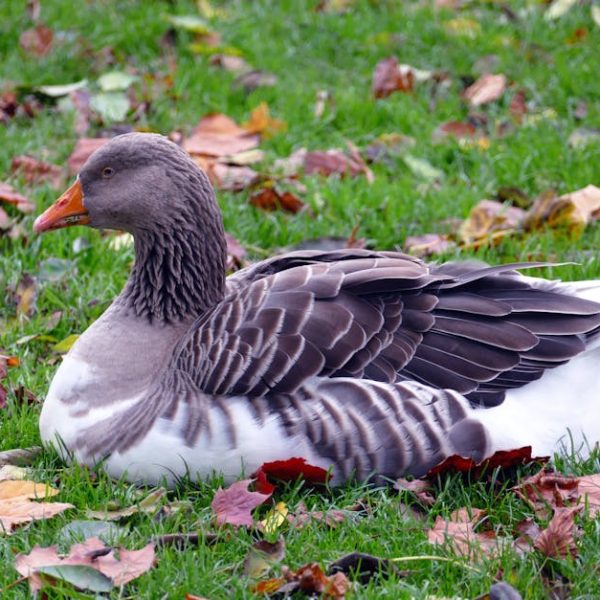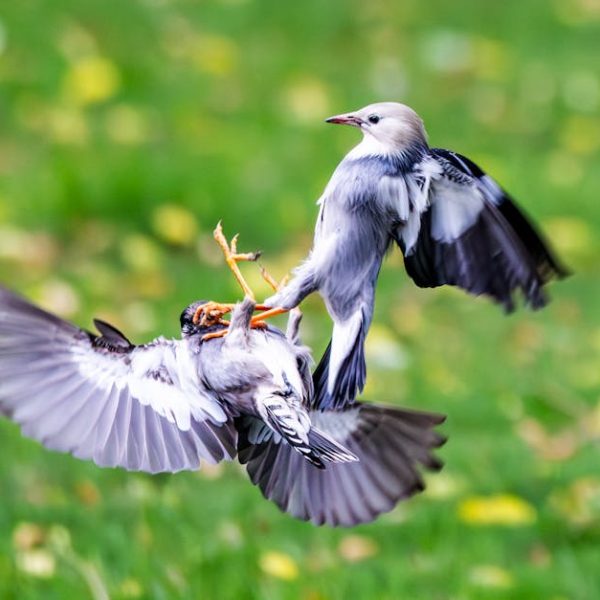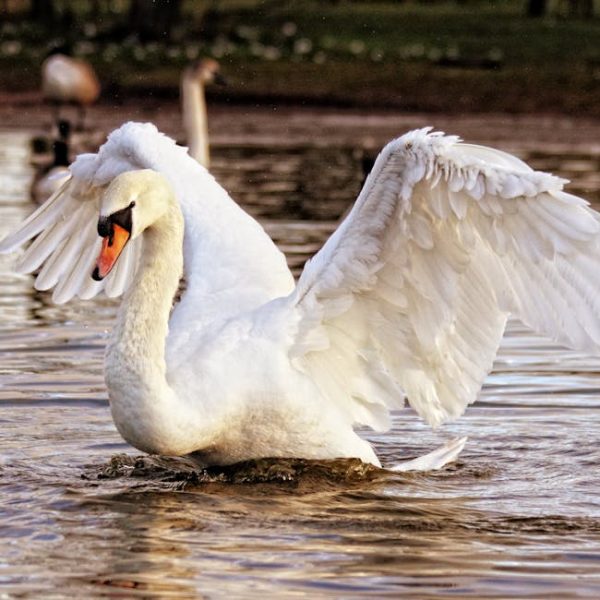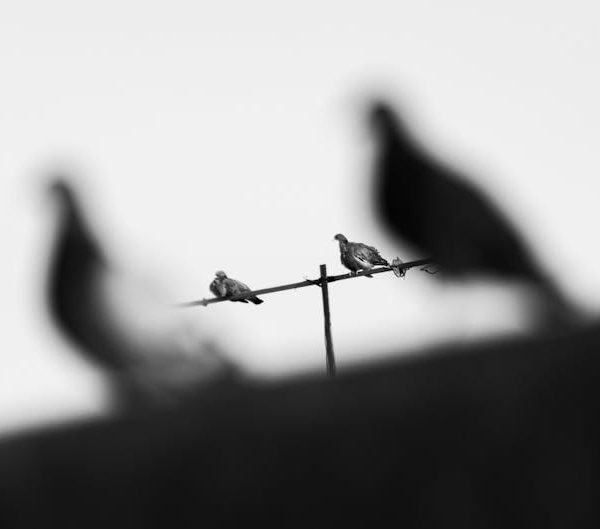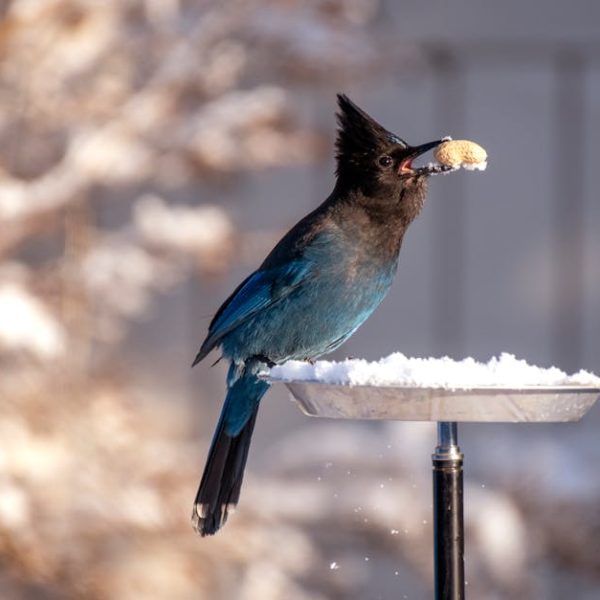Birds chirp at night primarily due to unusual or complex behaviors, which often differ from those observed during their daytime activities. Understanding why these vocalizations occur can offer fascinating insights into their nocturnal routines and adaptations. These often-confusing patterns are influenced by a myriad of factors, including mating rituals, territorial disputes, artificial lighting, and urban noise.
Birds and their General Behavior
Birds are known for their distinct calls at dawn, an activity often associated with establishing territory or expressing connection with their mates. However, some birds have been observed to engage in such activities after dusk, switching from their usual routine.
These instances peak our curiosity, but also help us understand that bird behavior is not as simplistic as we believe it to be. They are by nature opportunistic and adaptable, showing flexibility in their communication patterns in response to multiple influencing factors.
Best Practice: Observe and note the changes in bird sounds throughout the day. This practice helps in developing a better understanding of their behavioral hours and patterns.
The Main Reasons Birds Chirp at Night
Birds chirp at night for several reasons: to attract mates, declare their territories, or potentially due to disruptions in their environment. These night calls are often more intense than their daytime counterparts as the quiet nights provide a clear canvas for their vocalizations to be heard over long distances.
Urban birds have adapted to make their calls in response to artificial lights and noise pollution, which keep them active even during the supposed night period.
Pro Tip: Monitor the bird species in your area and correlate their calls with the external factors around you. This method helps in determining the primary cause of their nocturnal calls.
Recognizing Different Bird Nocturnal Calls
Recognizing and understanding bird calls require acute listening skills. Distress calls, mating pitches, territorial clashes – each sound carries a different message. Birds of different species carry distinct sounds which require patient observation to differentiate.
✅Checklist: Listen patiently, note the time of the call, observe the repetition pattern, and research on bird calls for the bird species common in your area to identify their calls accurately.
Effect of Nocturnal Bird Calls on Humans and Other Species
Nocturnal bird calls have a dual effect on humans – they can be delightful for the curious ones while being a source of persistent annoyance for those affected by sleep disturbance. On the other hand, other species might respond differently to these calls based on their relationships with the calling birds.
In terms of scientific revelations, these precinct vocalizations have opened up a whole new area of avian studies. The implications of these calls, whether detrimental or beneficial, vary among species.
Comparison: Nocturnal calls can be qualitatively and quantitatively different from daytime calls, affecting us and other species in distinct ways.
Role of Human Urbanization on Nocturnal Bird Chirping
Urbanization has significantly influenced bird behavior, particularly their singing routines. The consistency of city lights and amplified ambient noises have accidentally tricked some bird species into thinking that it is still daytime, even at night. This behavior triggers them to sing, when they ordinarily would be at rest.
Activists and conservationists are increasingly raising alarms about this phenomenon’s possible long-term effects on both bird reproduction and migratory patterns. To counteract these effects, there are proactive measures you can take to help birds adjust to urban living more healthily.
Best Practices: Keep outdoor lighting to a minimum, especially during migratory seasons. Try to offer birds a habitat that mirrors their natural environment by maintaining bird-friendly plants and providing feeders and water.
Wrap Up
Understanding why birds chirp at night can offer a deeper understanding of their distinct behaviors and survival routes. It’s a fascinating window into their remarkable adaptability to environmental changes, both natural and man-made. As we have seen, whether it’s about finding a mate or protecting a territory, or a response to city lights or increased noise levels, birds have their reasons for singing into the night.
And while night chirps can be annoying for some people, remember that they are part of the larger natural order––an order we humans unintentionally disrupt with our activities. So, the next time you hear a bird’s nocturnal call, take a moment to appreciate their small efforts to adapt, survive, and thrive in a rapidly changing world. Excellent listening isn’t just about fascination — it’s another simple effort we can make toward living more harmoniously with nature.
Key Takeaway:
- Birds chirp at night due to various reasons including mating signs, territorial claims, and disturbances in their environment.
- Urban light pollution and noise can cause disruptions, leading to an uptick in nocturnal bird chirping.
- Recognizing different bird calls involves acute listening skills and understanding their different signaling.
- Understanding nighttime bird calls can unravel new scientific insights about their behavior.
- Human urbanization significantly influences bird behavior, especially involving nocturnal singing.
Living harmoniously with birds requires understanding and appreciating their behaviors, even when they interrupt nocturnal quiet with their songs. By reducing outdoor lighting and being conscious of the noises we create, we can help birds adjust more seamlessly to urban surroundings.
FAQs
Q: How can I better identify different bird calls at night?
A: Develop acute listening skills, note the time of the call, observe the repetition pattern, and research on bird calls for the bird species common in your area to identify their calls accurately.
Q: How does urban noise pollution affect birds?
A: Urban noise can disturb birds, tricking them into believing it’s daytime, causing them to sing at night when otherwise they wouldn’t.
Q: What impact does nocturnal bird chirping have on other animals?
A: The impact varies based on the relationship between the calling bird and the specific animal species. However, more research is required to provide a comprehensive understanding of this.
Q: How do bird nocturnal calls affect themselves?
A: The implications, whether detrimental or beneficial, vary among bird species; however, some birds could experience disturbances in their resting, reproductive, and migratory patterns due to human-induced factors.
Q: What measures have conservationists suggested to mitigate human-induced effects on nocturnal bird chirping?
A: Conservationists suggest minimizing outdoor lighting, especially during migratory seasons, and creating a habitat that mirrors their natural environment.
For more insights into the fascinating world of birds, do explore other posts on our website and feel free to share this article with fellow bird enthusiasts.

